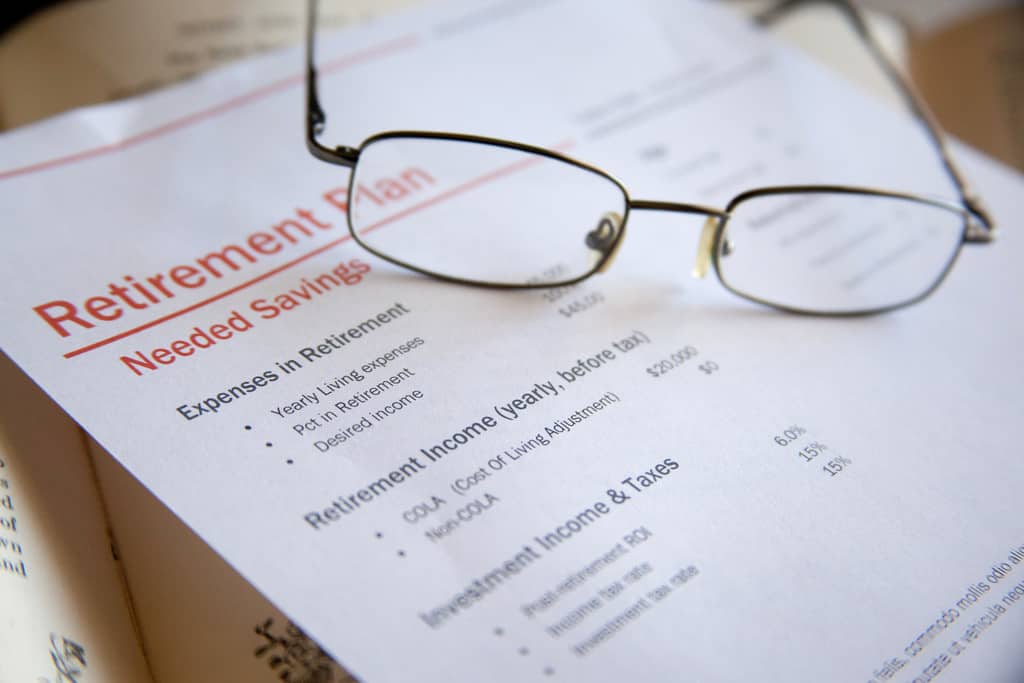Baby Boomers in Canada: Introduction
Baby Boomers in Canada are not retiring like the generations before them. As we discussed in a recent blog, there are many good reasons to keep working beyond age 65. Although Baby Boomers are the generation that has already reached aged retirement age or are fast approaching it (Baby Boomers are born from 1946 – 1965), many of them are not financially able to retire.
Baby Boomers in Canada: Franklin Templeton Investments Canada study
According to a study conducted for Franklin Templeton Investments Canada:
- 20% of Baby Boomers have saved nothing for retirement
- 30% of Baby Boomers are paying off debt instead of saving for retirement
- More than 33% of Baby Boomers worked past the age of 65 because they didn’t have enough money to retire
- 75% of pre-retiree Baby Boomers surveyed said they felt anxious or stressed about their retirement savings or investments
- 40% said they expected to rely on a government pension as their primary or secondary source of income
- 50% who had already retired said their government pension was their primary or secondary source of income
Baby Boomers in Canada: Canada Pension Plan (CPP)
There is good news for Baby Boomers relying on government pensions. According to the Government of Canada, up until 2019, the CPP retirement pension replaces one-quarter of your average work earnings. This average is based on your work earnings, up to a maximum earnings limit each year. Other sources of income—such as the Old Age Security program, workplace pensions, and private savings—make up the rest of your retirement income.
Beginning in 2019, the CPP will begin to grow to replace one-third of your average work earnings. The maximum limit used to determine your average work earnings will also gradually increase by 14% by 2025.
As a result, pension amounts will increase by more than 33%. Your pension will increase based on how much and for how long you contribute to the enhanced CPP. You will get the full increase if you contribute to the enhanced CPP for 40 years.
The enhancement also applies to the CPP post-retirement benefit. If you are receiving the CPP (or QPP) retirement pension and you continue to work and make CPP contributions in 2019 or later, your post-retirement benefits will be larger.
Baby Boomers in Canada: Many just want to work
In addition to the financial benefits, many Canadians prefer to keep working beyond the retirement age. Work provides a sense of accomplishment, a social environment, keeps the mind sharp and the body active.
Baby Boomers in Canada: Are you a Baby Boomer who’s still paying off debt?
However, if you’re one of the Baby Boomers who’s still deep in debt, you need professional help now. Although your situation may feel hopeless, there are solutions to every problem with immediate action and the right plan.
Ira Smith Trustee & Receiver Inc. has helped many people just like you throughout the GTA. We can help you get back on your feet and give you back peace of mind. Give us a call today and Starting Over, Starting Now you can put your struggles behind you.




 Saving for retirement in Canada: Introduction
Saving for retirement in Canada: Introduction
